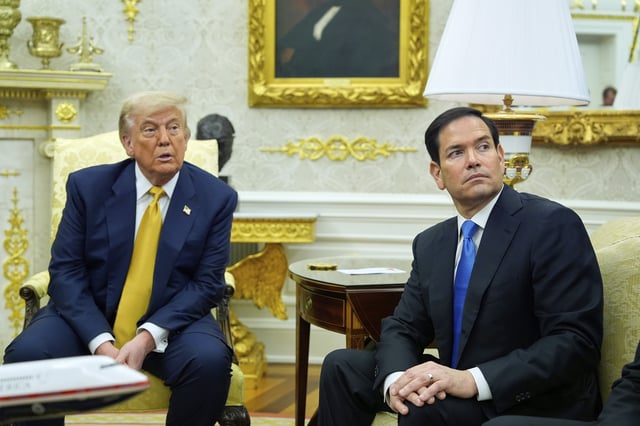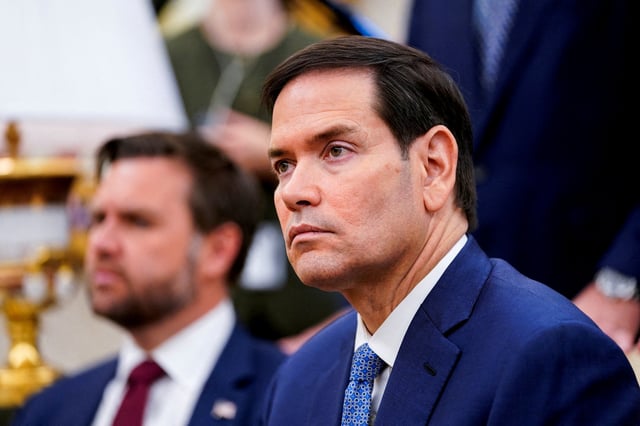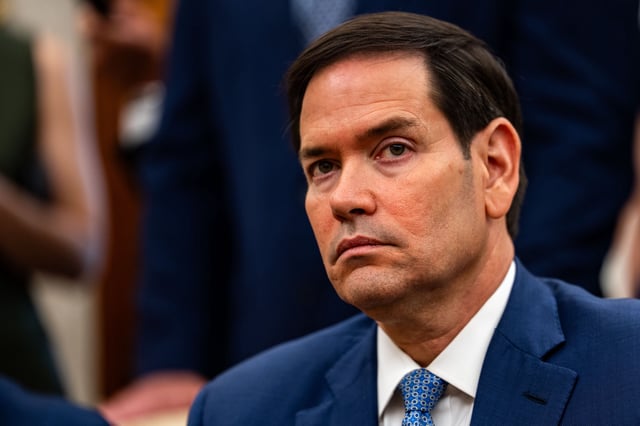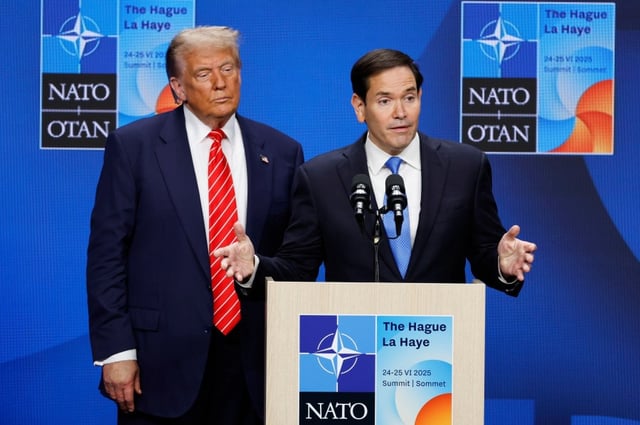Overview
- On July 17, Secretary of State Marco Rubio issued a directive barring U.S. diplomats from publicly assessing the fairness or legitimacy of foreign elections except where there is a clear U.S. foreign policy interest
- The guidance confines any election statements to concise congratulations and optional notes on shared policy goals and expressly forbids opinions on electoral integrity or democratic values
- Only the Secretary of State or the Department spokesperson may deliver election-related remarks, and all other personnel must secure explicit sign-off from senior leadership
- U.S. embassies and consulates have already scaled back election commentary, reserving critique of irregularities for rare, Washington-approved cases
- The policy marks a deliberate shift from decades of American democracy-promotion abroad toward an approach centered on national sovereignty and strategic interests



